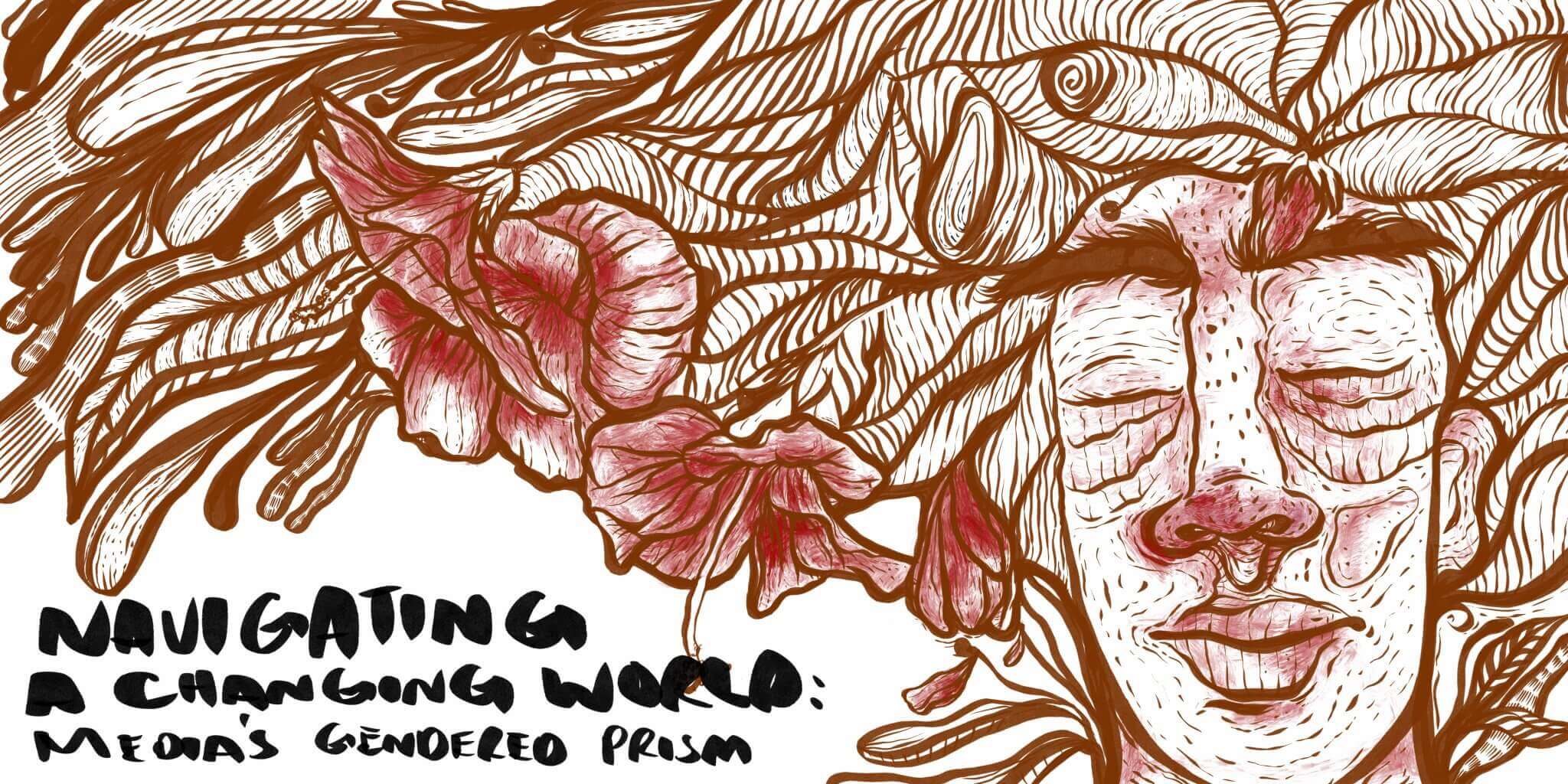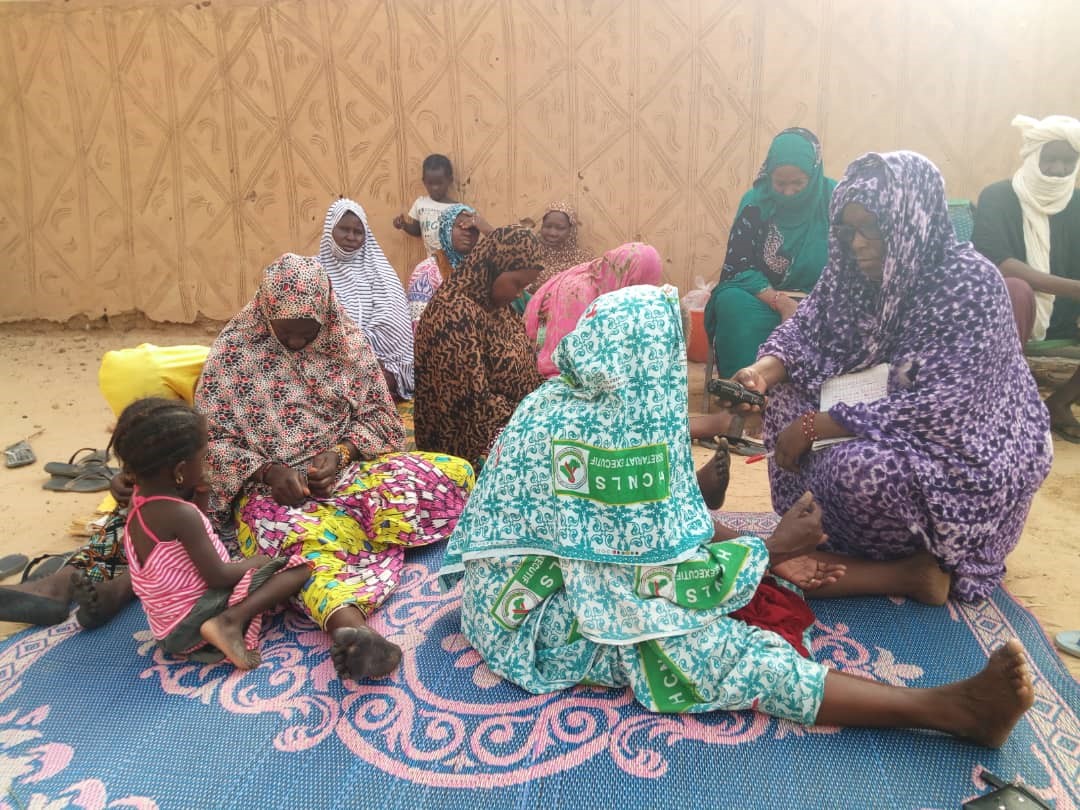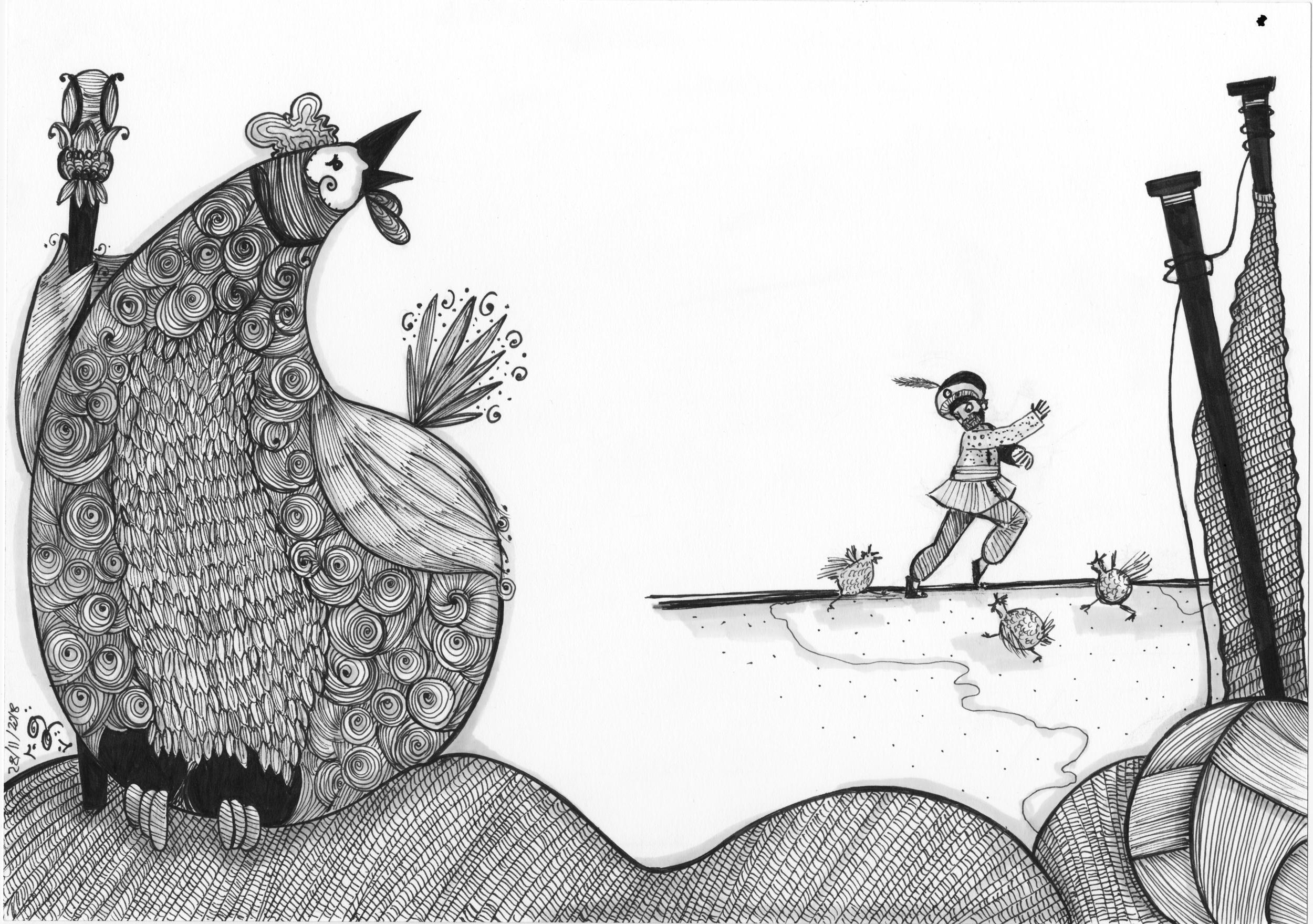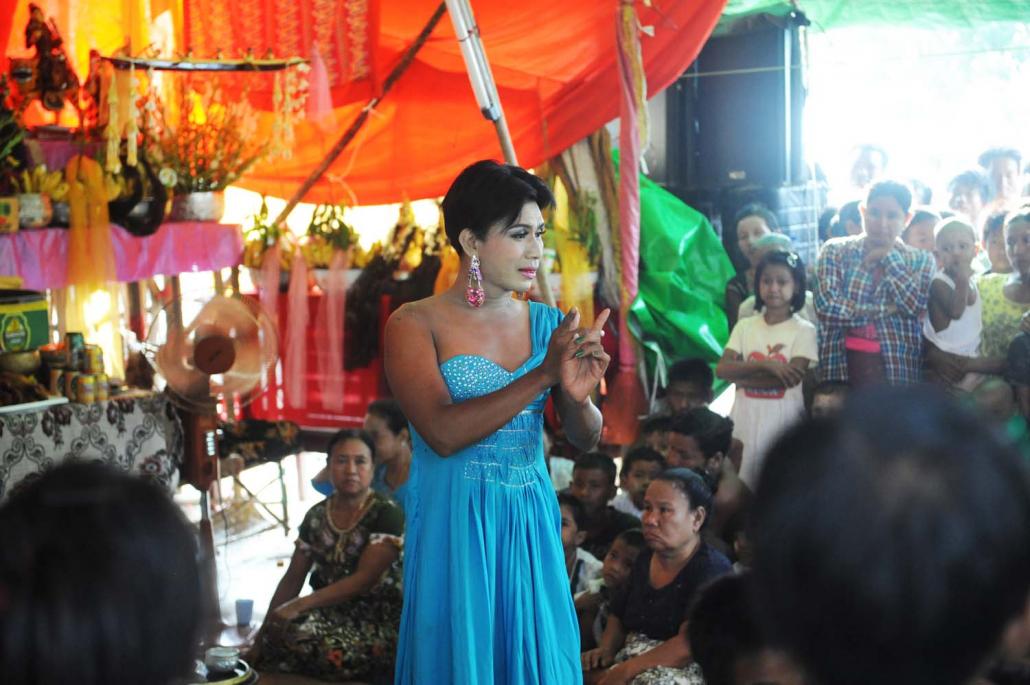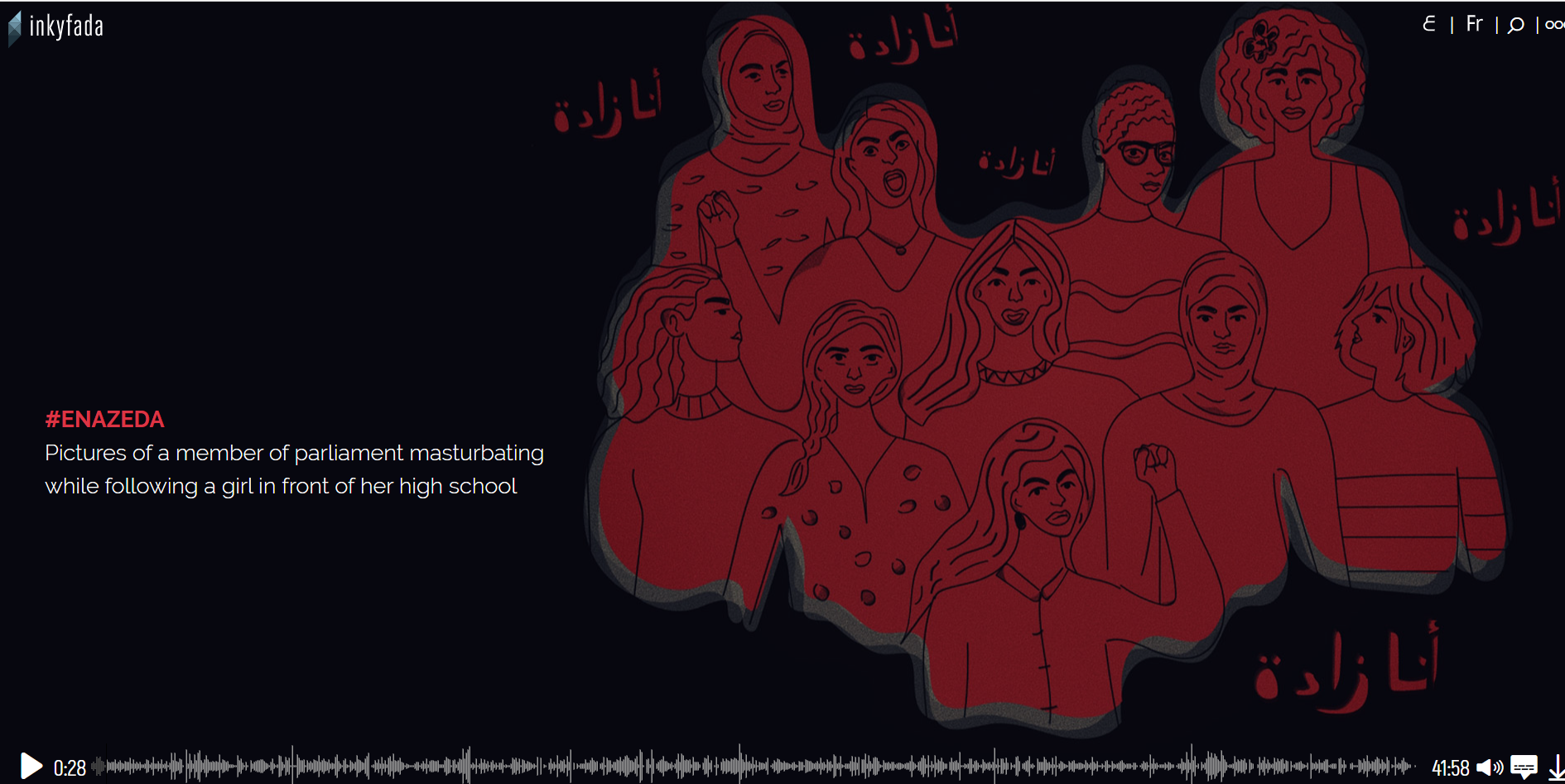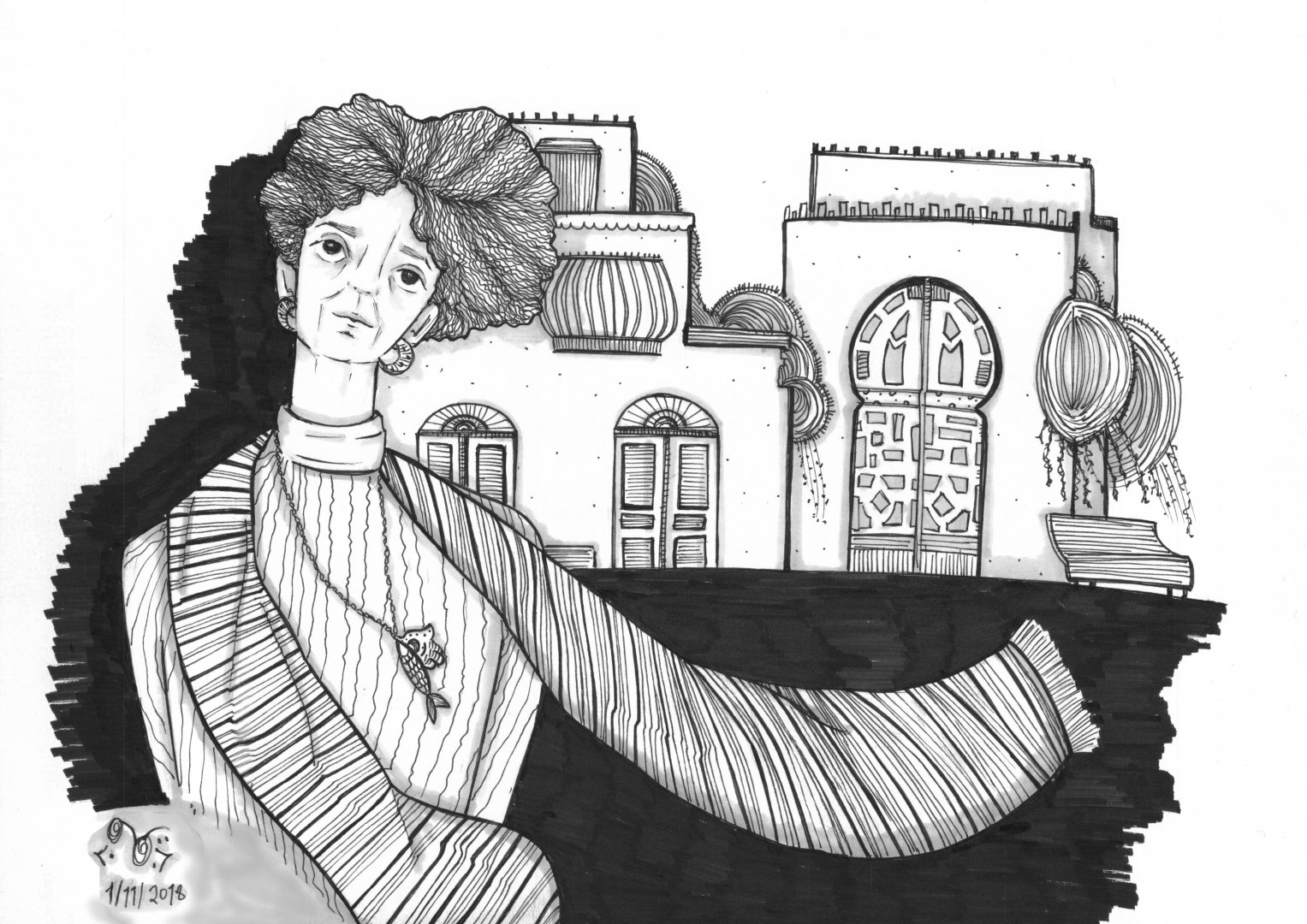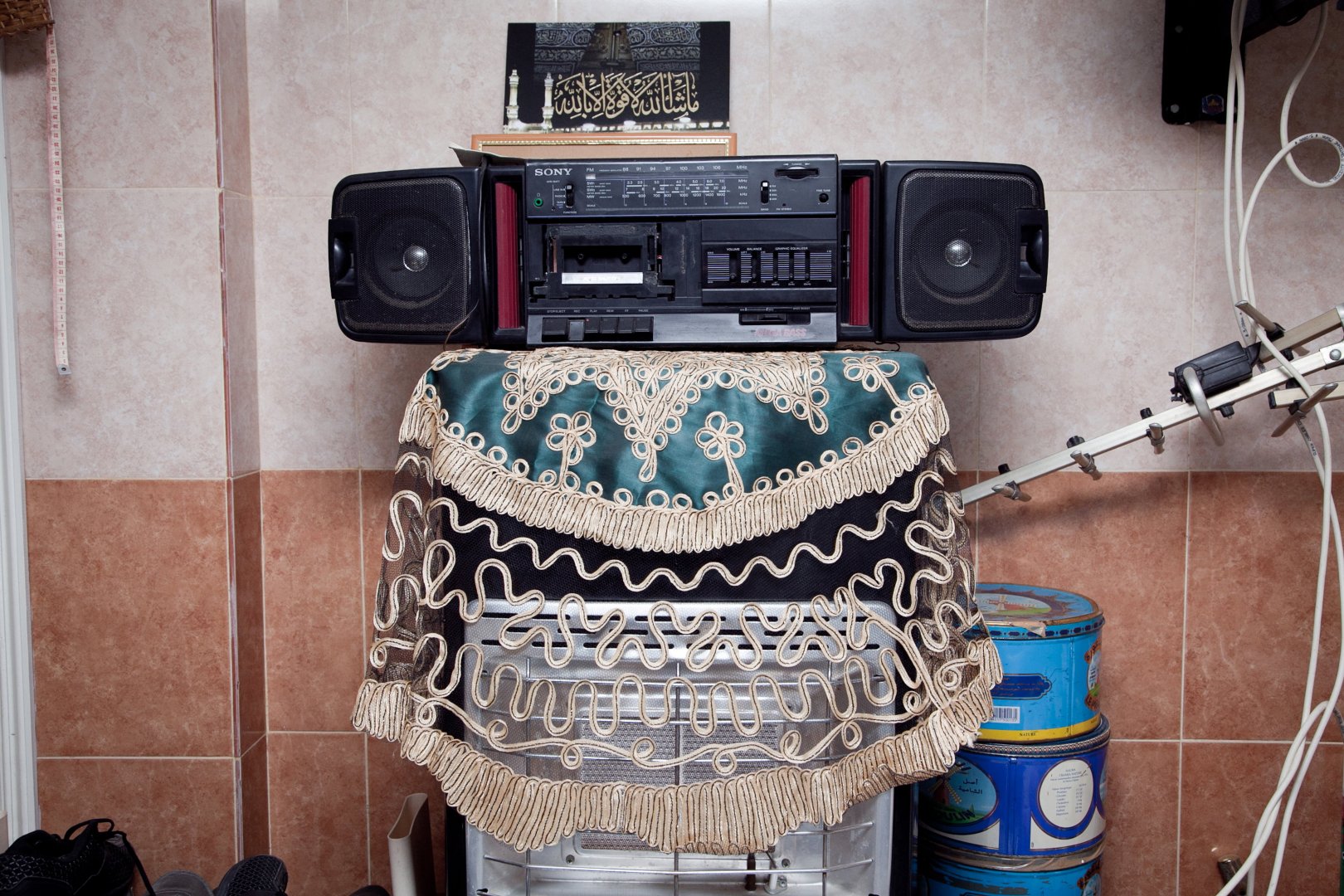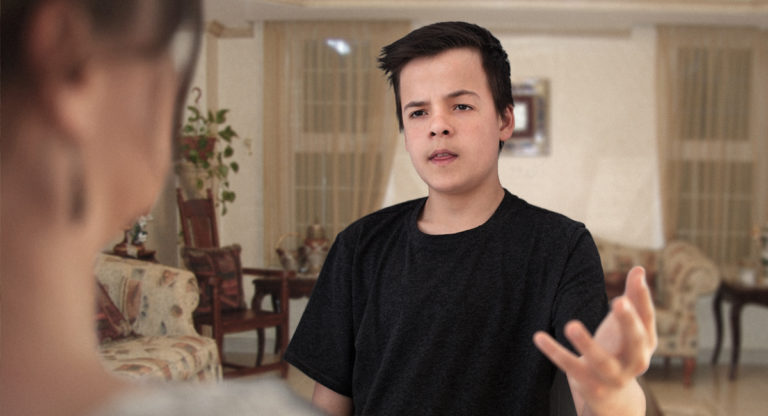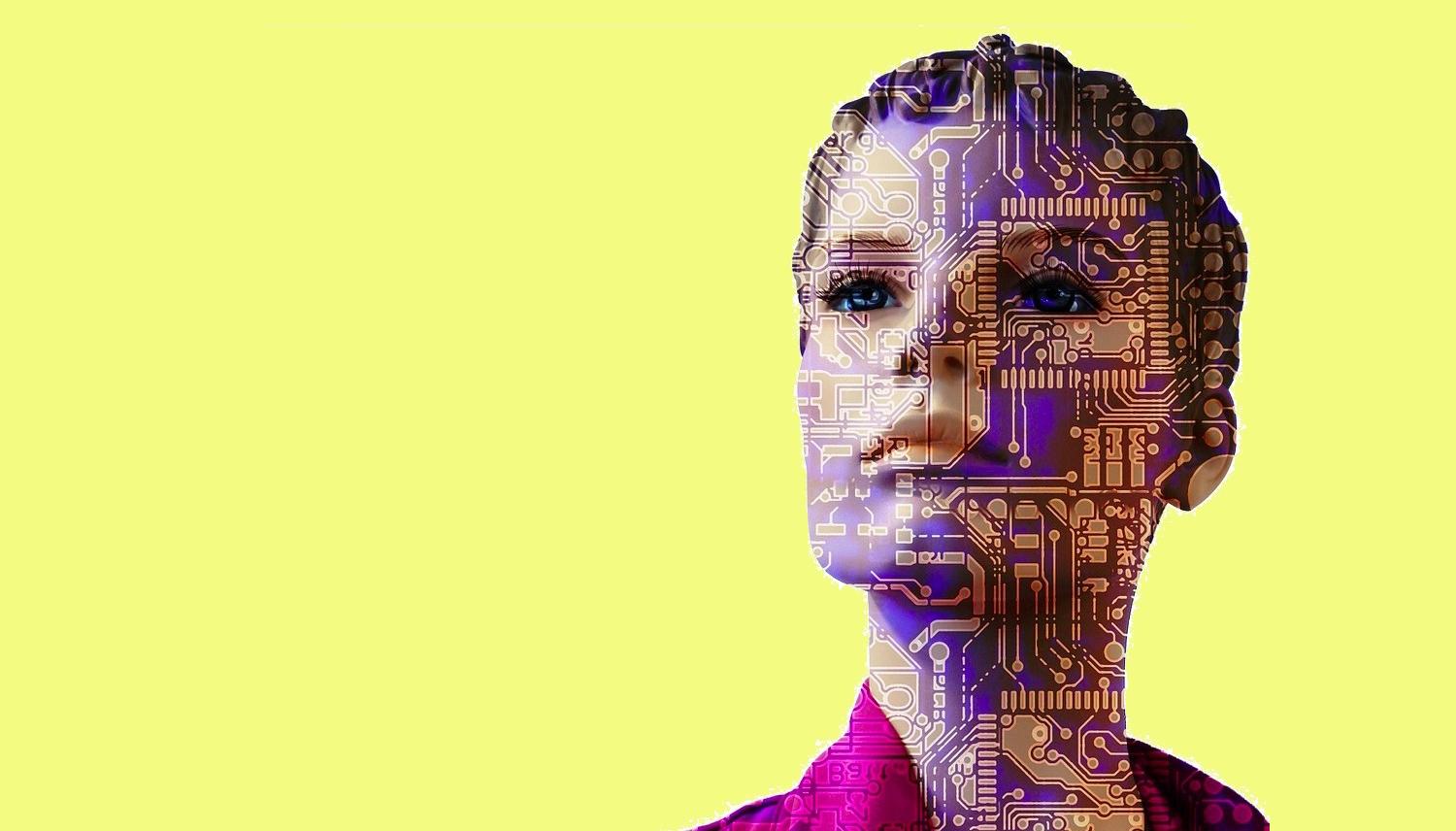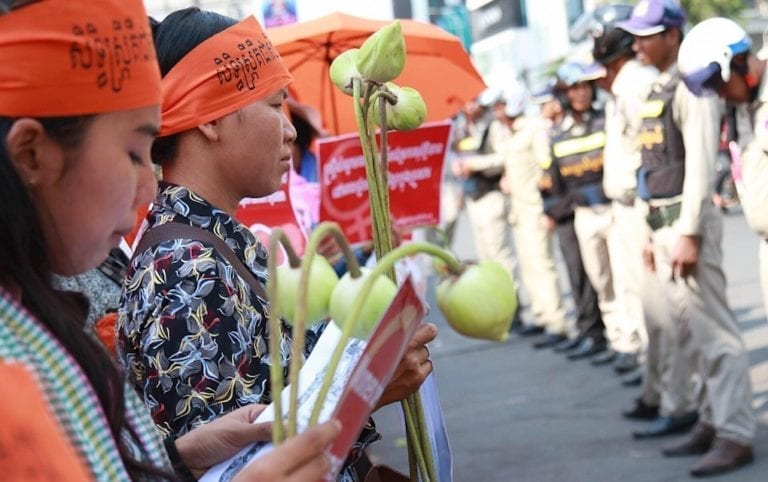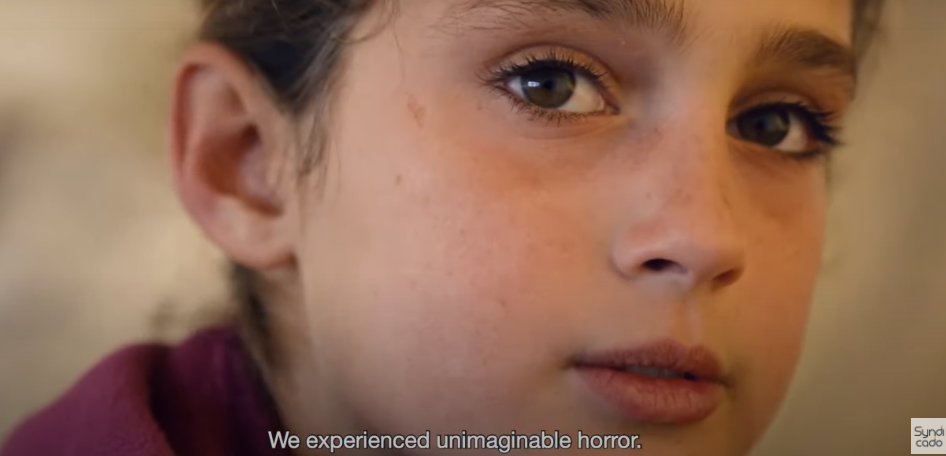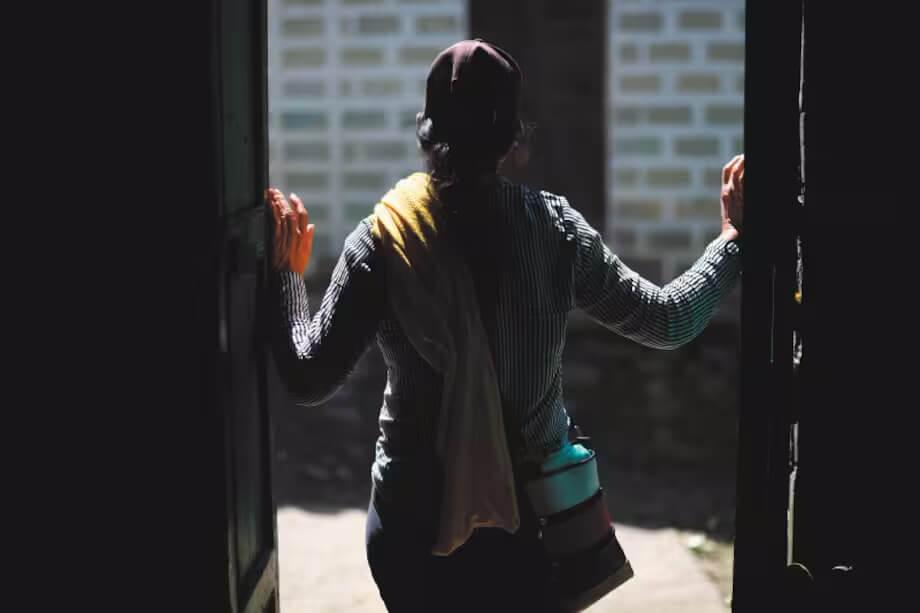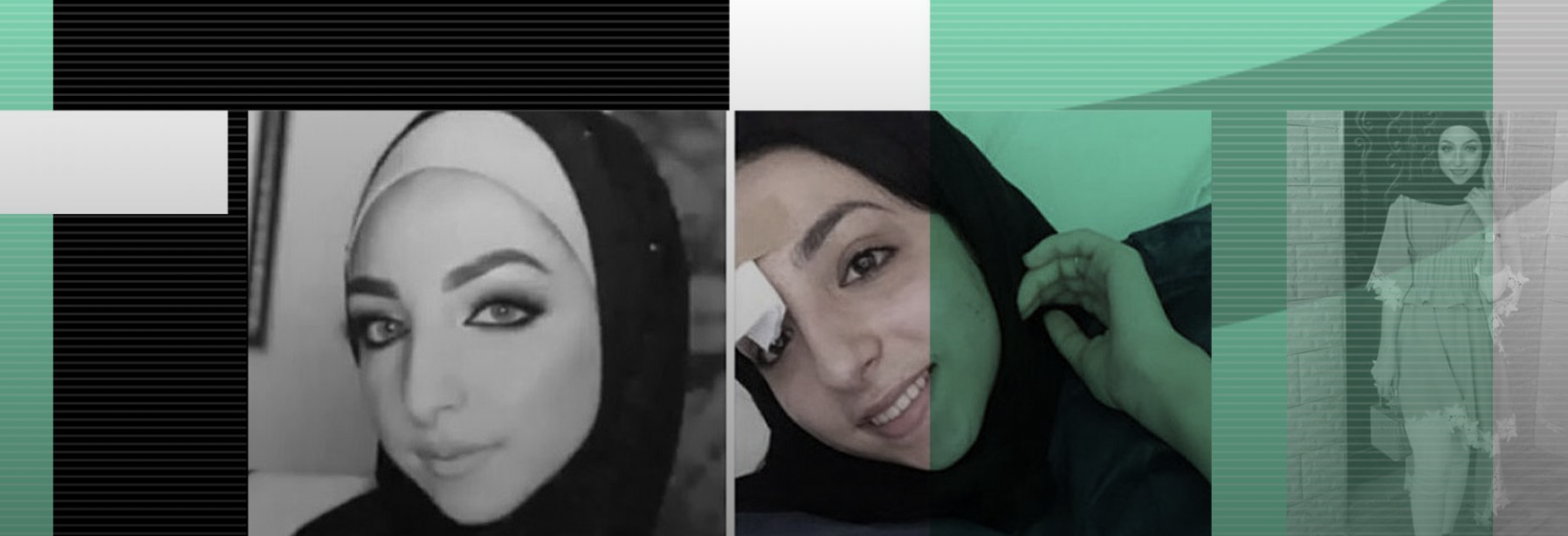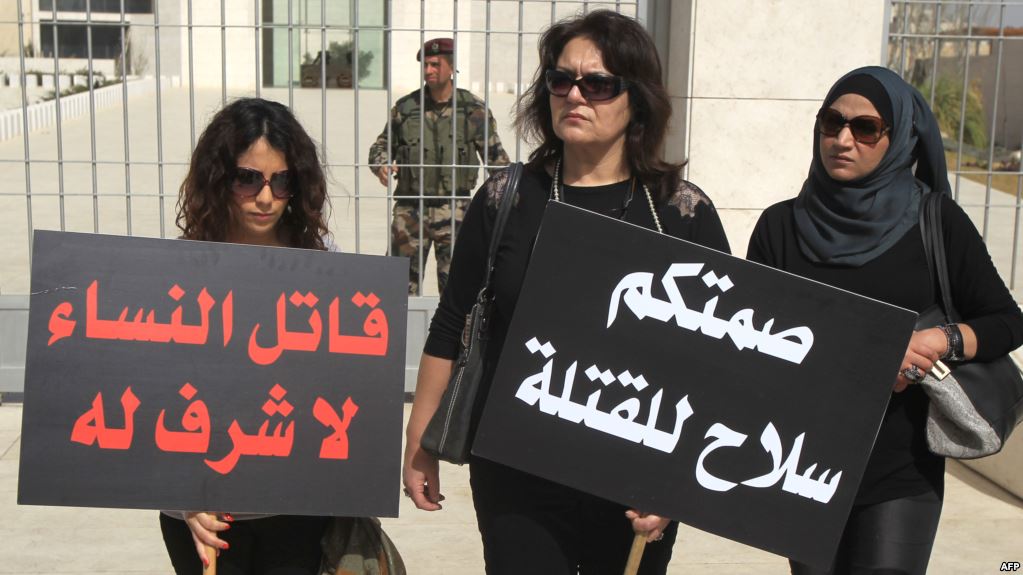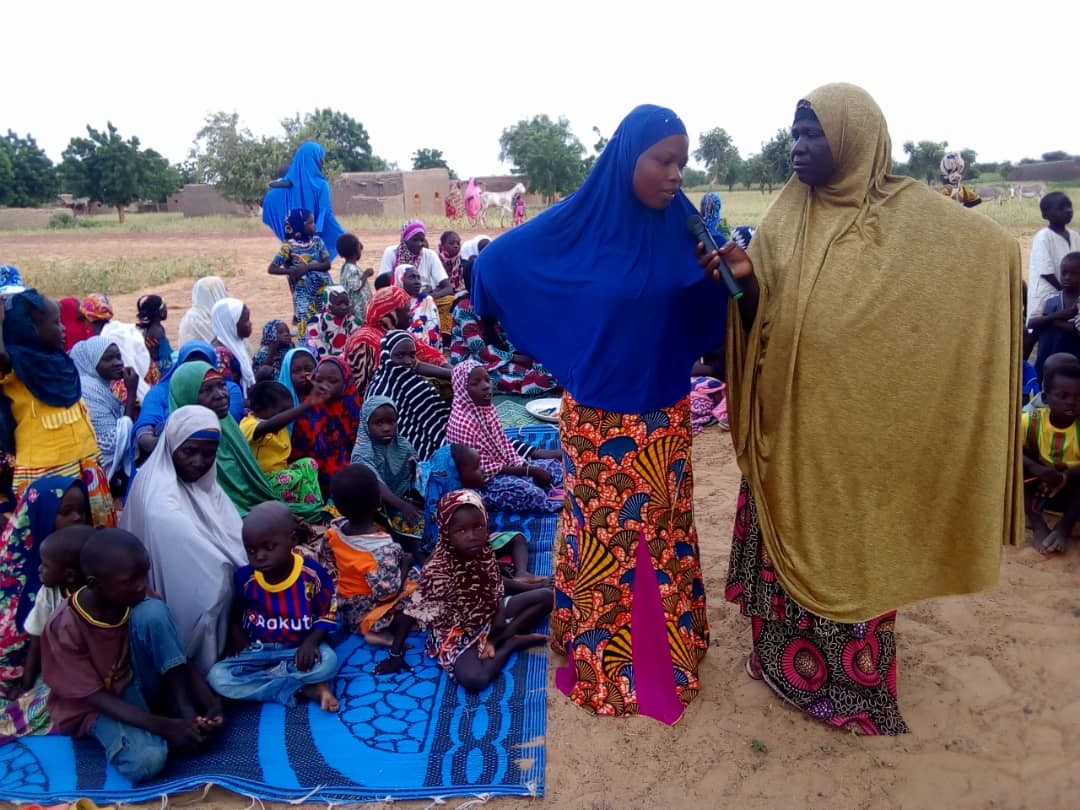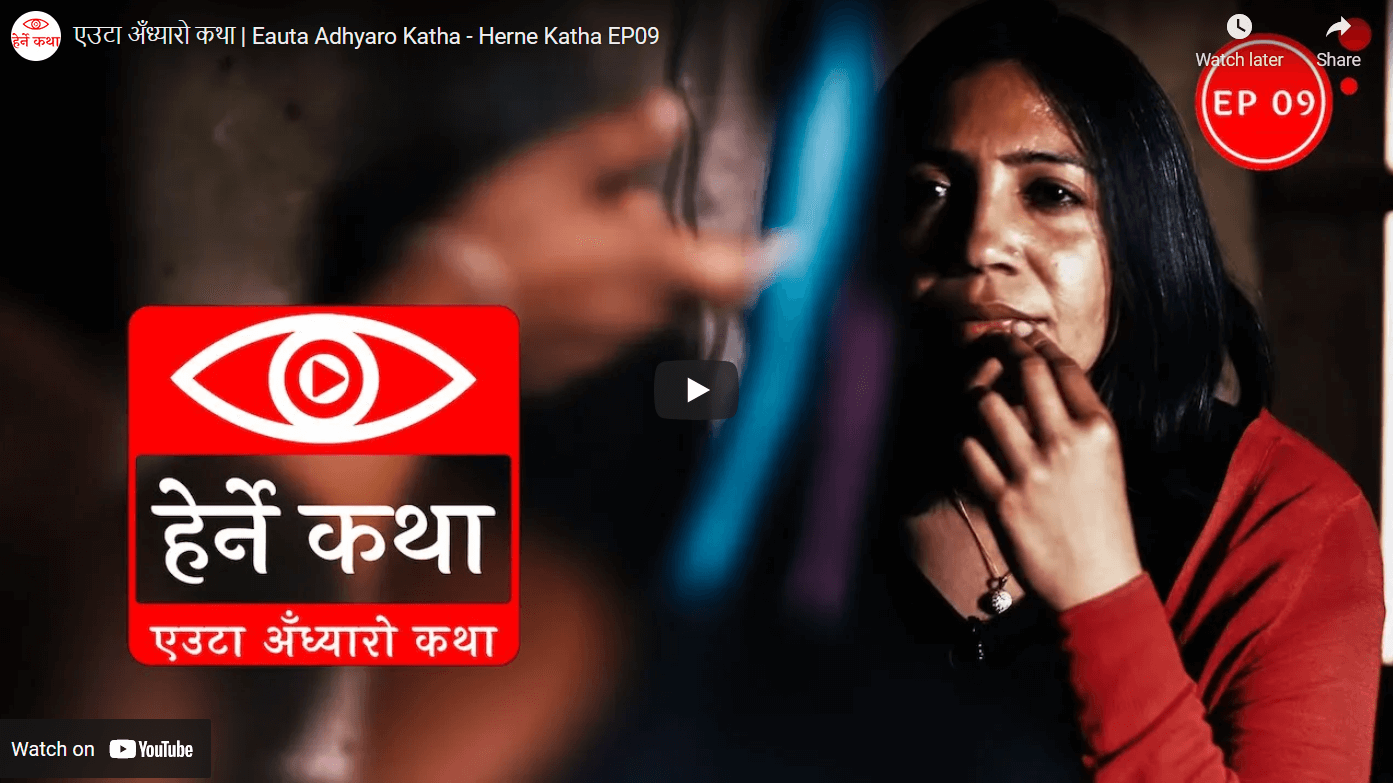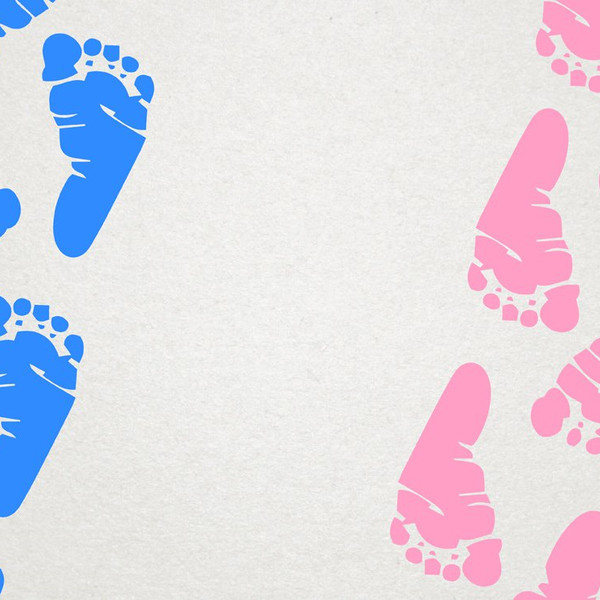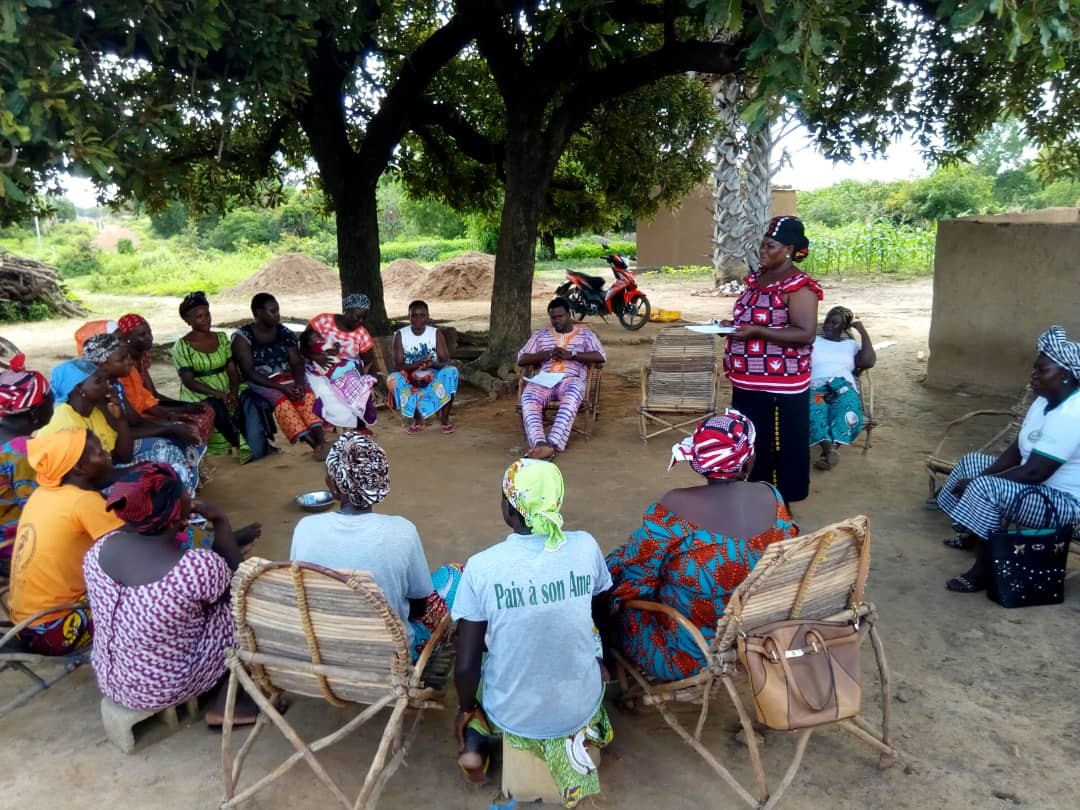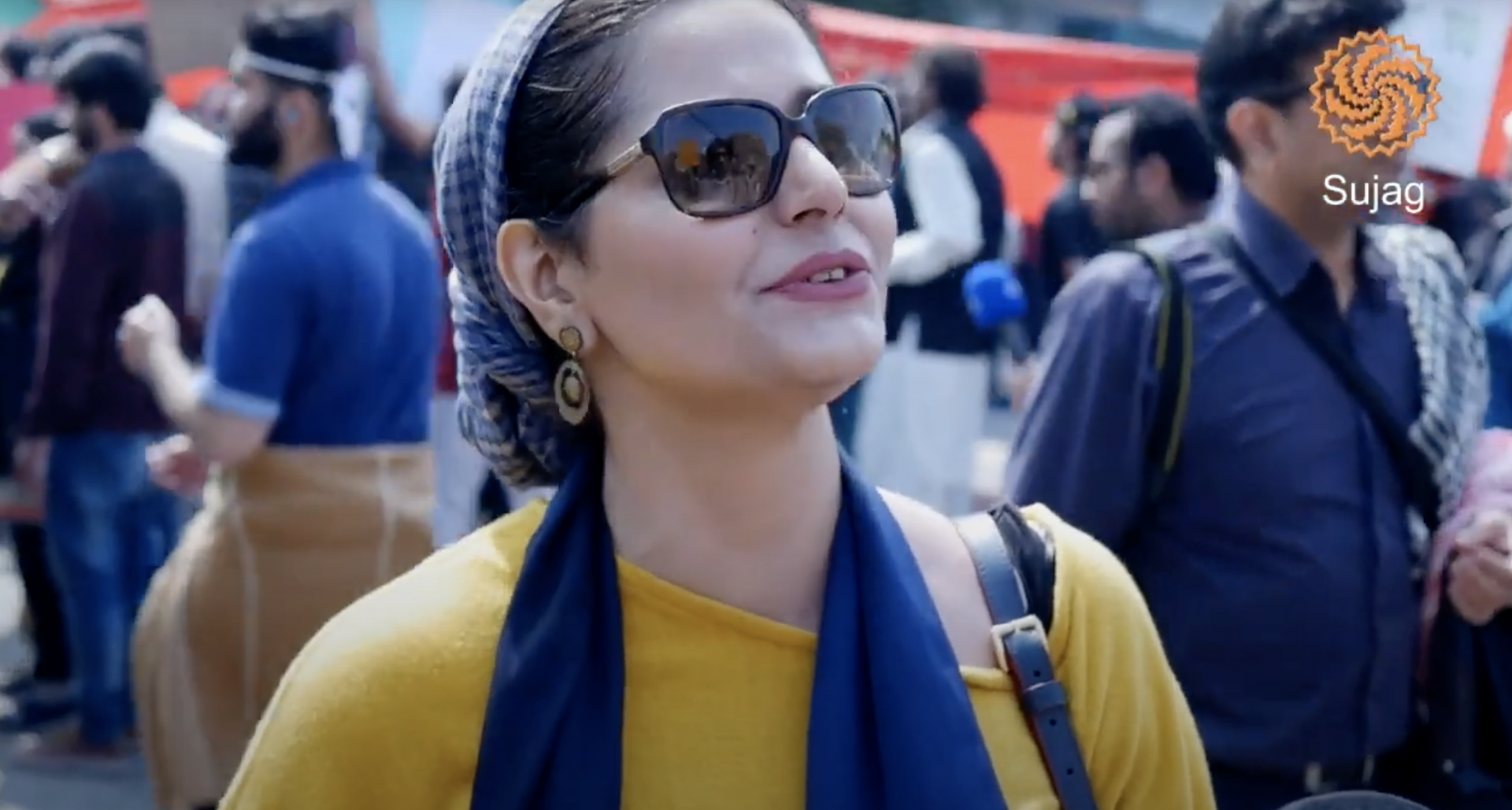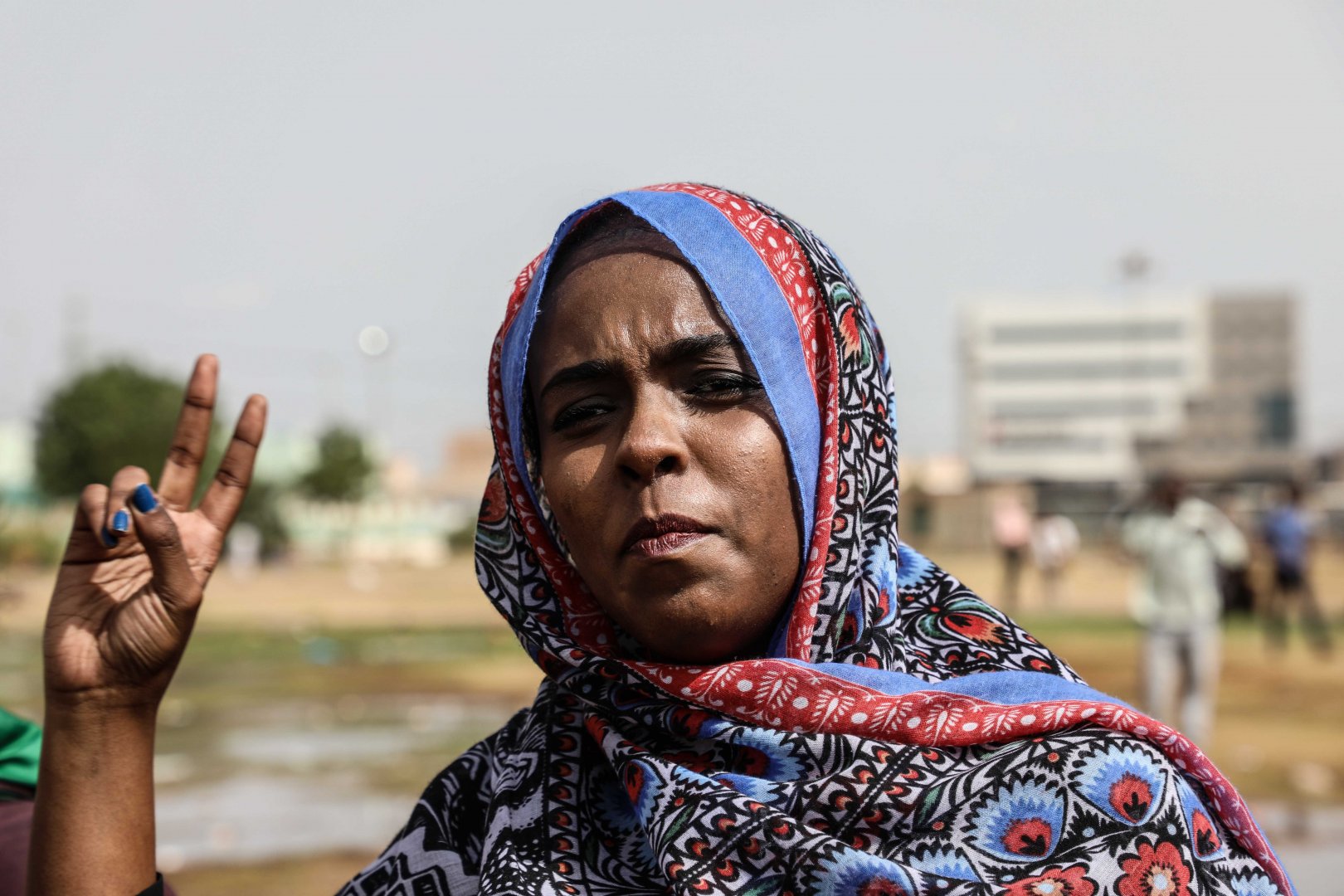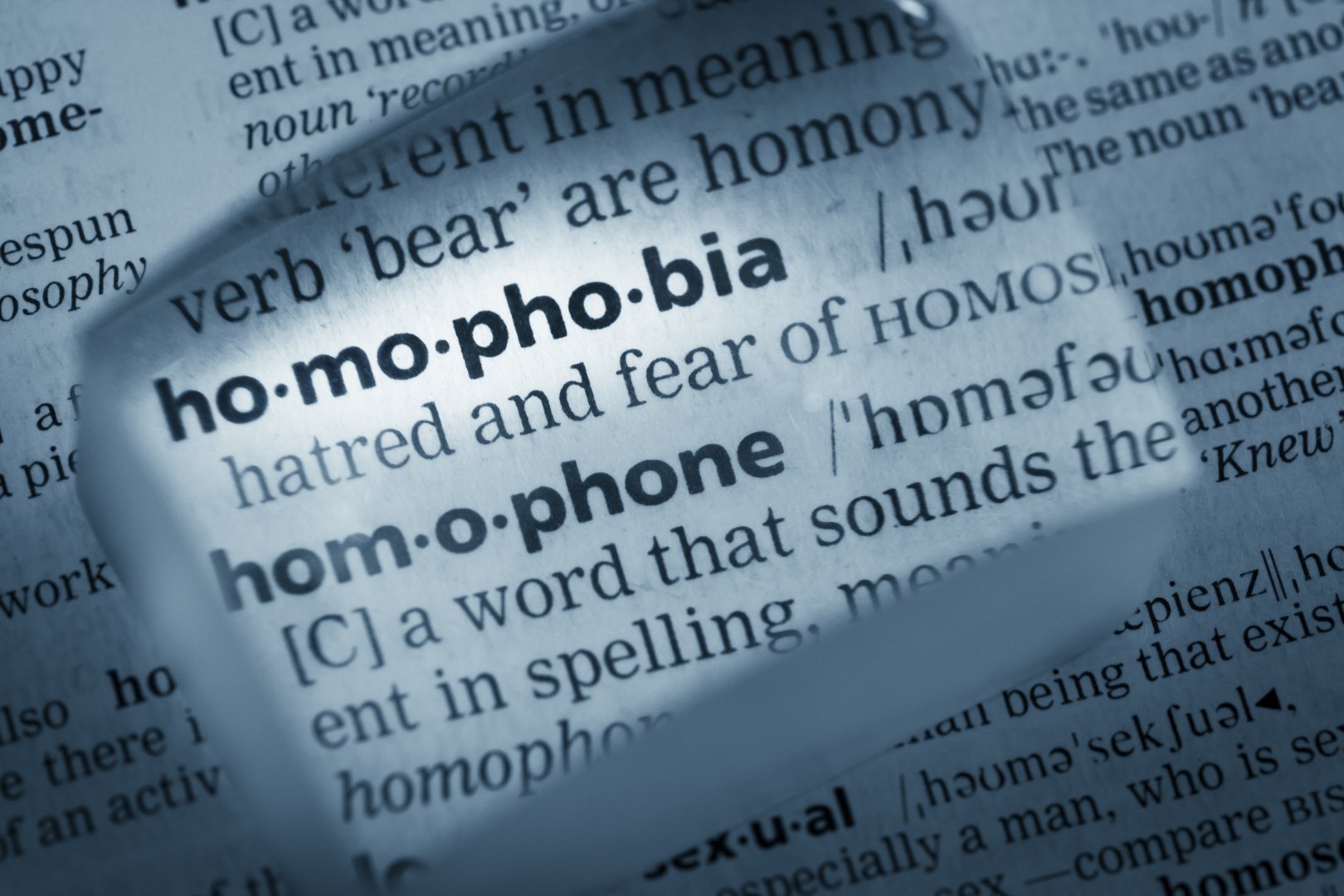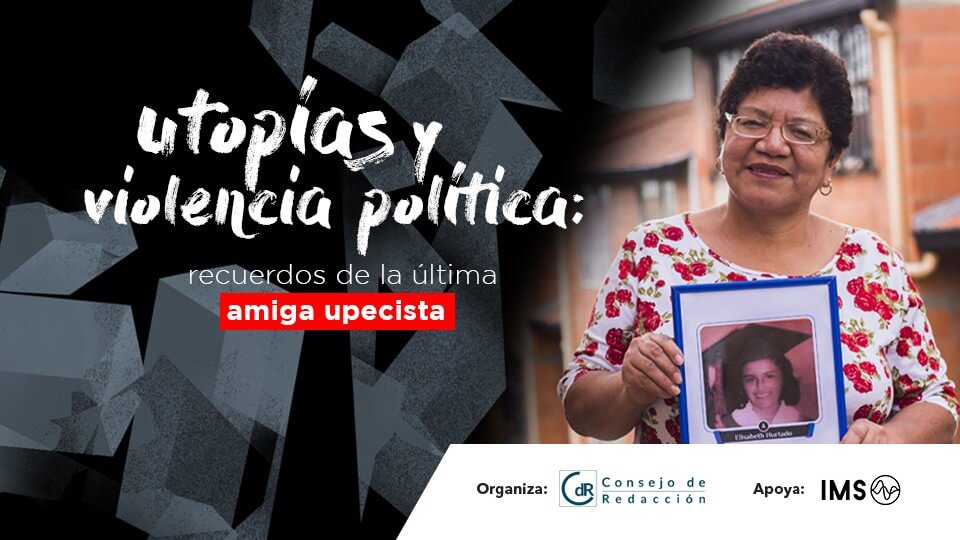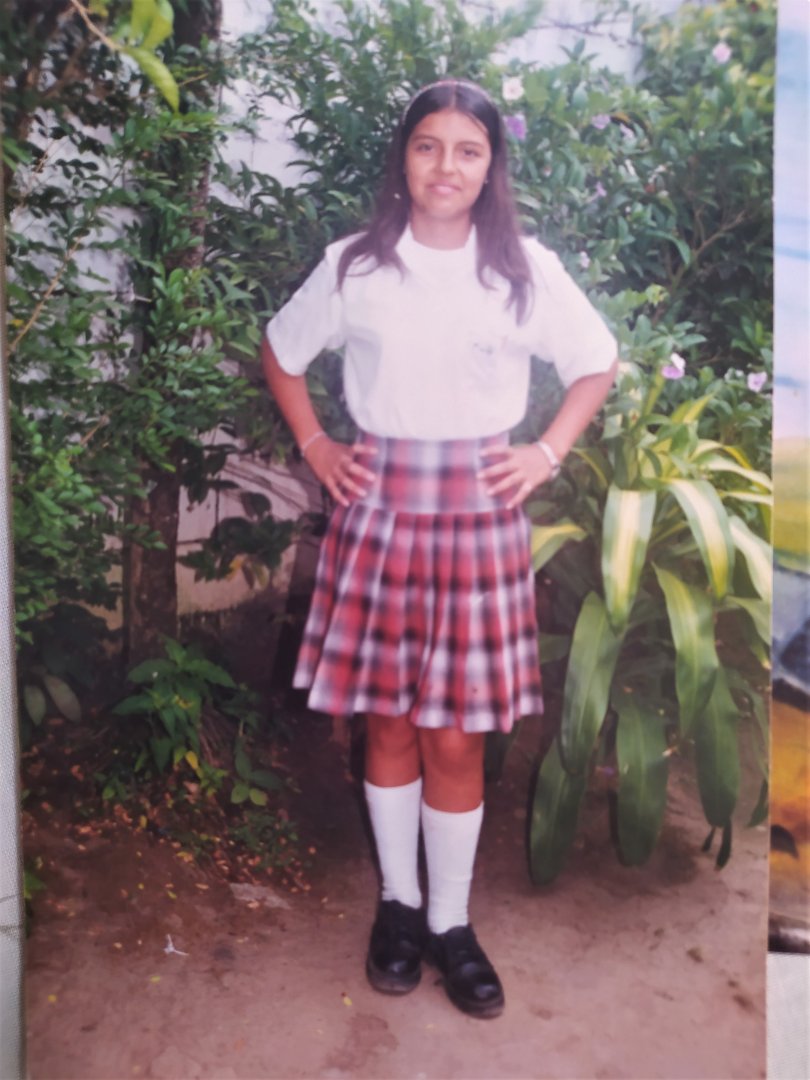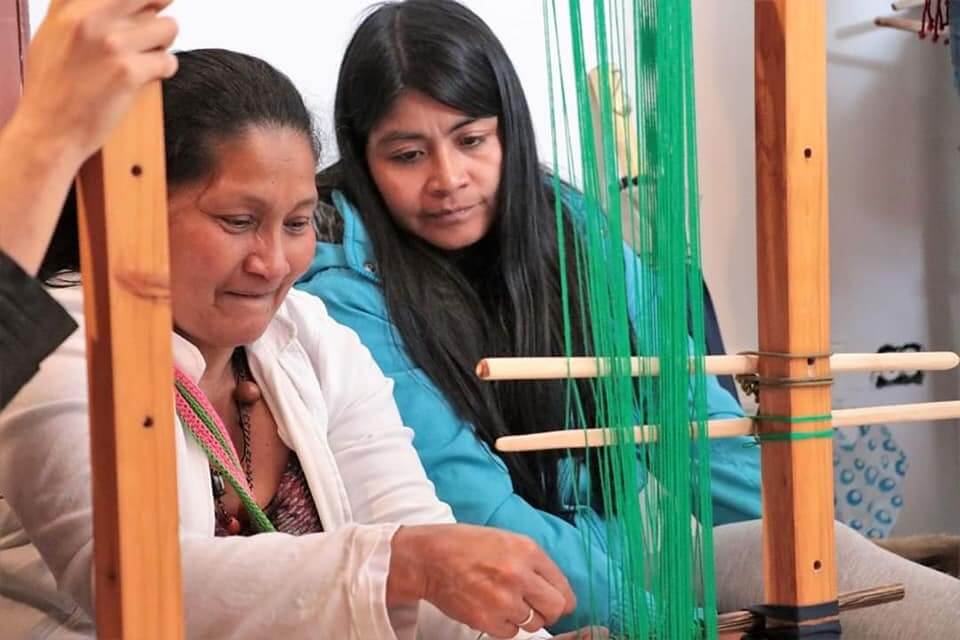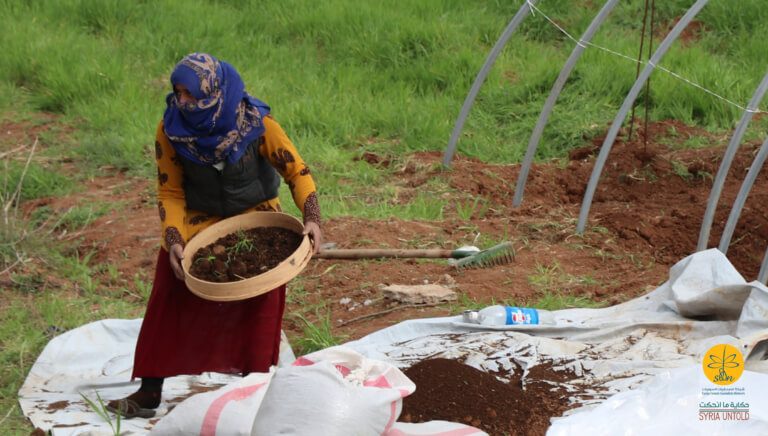This online publication is a celebration of intersectional feminist journalism. Here you will find those rare pieces outside of mainstream media full of wit, sharpness, critique and the passion that characterise the stories IMS’ partners in the Global South tell to denounce and resist patriarchal society.
Media is not merely channeling and describing these realities but has the power to challenge mainstream narratives and stereotypes, push to change norms and values and raise issues onto the public agenda. It can also help in fighting impunity, holding decision makers accountable and promoting the rights of people of all genders. By boosting this journalism, IMS hopes to contribute to the feminist struggle towards enabling a just and equal world for all.
In 2021, IMS deepened its commitment to gender equality with a new gender strategy. As we discussed how to move forward in our intent to promote ethical, public interest, human rights journalism, we realised that the path was before our eyes. Our partners have been producing a body of work on gender issues with the potential to transform lives, set the political agenda, create awareness of social injustices, break taboos and demand accountability. All that content production can be encompassed under intersectional feminist journalism, a lens from which we will continue seeking inspiration to further our work.
This updated version of IMS’ gender reader, Navigating a changing world: Media’s gendered prism, covers points from sexual and reproductive health to rights in Pakistan and Nepal to living a LGTBIQ+ life in the Middle East to the women’s searches for their own safe spaces in Syria and Colombia. You will find yourself moving among the protesters in Lahore, Beirut and Khartoum calling for change, and you will meet brave people of all genders who resist gender norms and opposes oppression. You will learn that the hymen is in your mind, that feminists can enjoy rap, how cinema can change our narrative on violence and much, much more. Most of all, you will see that no matter where you are today, patriarchy is around you and the struggle for equality is shared among peoples and cultures.
As the #MeToo movement went through a second global wave with #UnVioladorEnTuCamino, #MeTooMosque, Collectif 490 and so many other expressions, women remained on the frontlines, resisting backlash, leading uprisings, connecting authoritarian and patriarchal oppression with gender-based violence and exposing the gendered impact of the Covid-19 pandemic. Feminist movements are gaining male allies, willing to challenge the rigid, stereotypical, and limiting gender norms of boys and men.
This is a brief selection of pieces by our partners that provide a first glimpse into the debates in different parts of the world. We expect to continue exploring the power of intersectionality and feminism in journalism, side by side with our partners, in order to amplify women’s and oppressed people’s voices.



